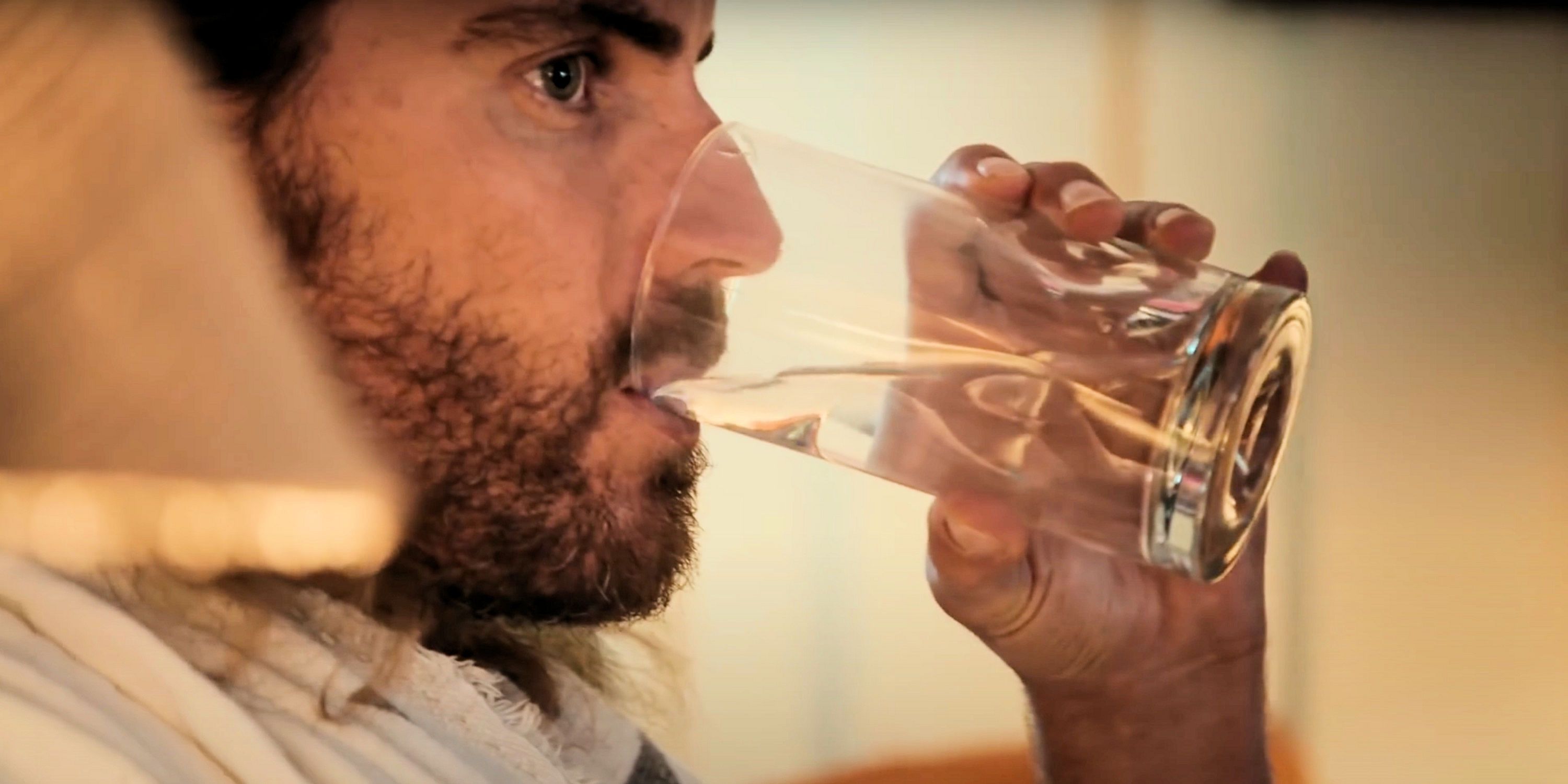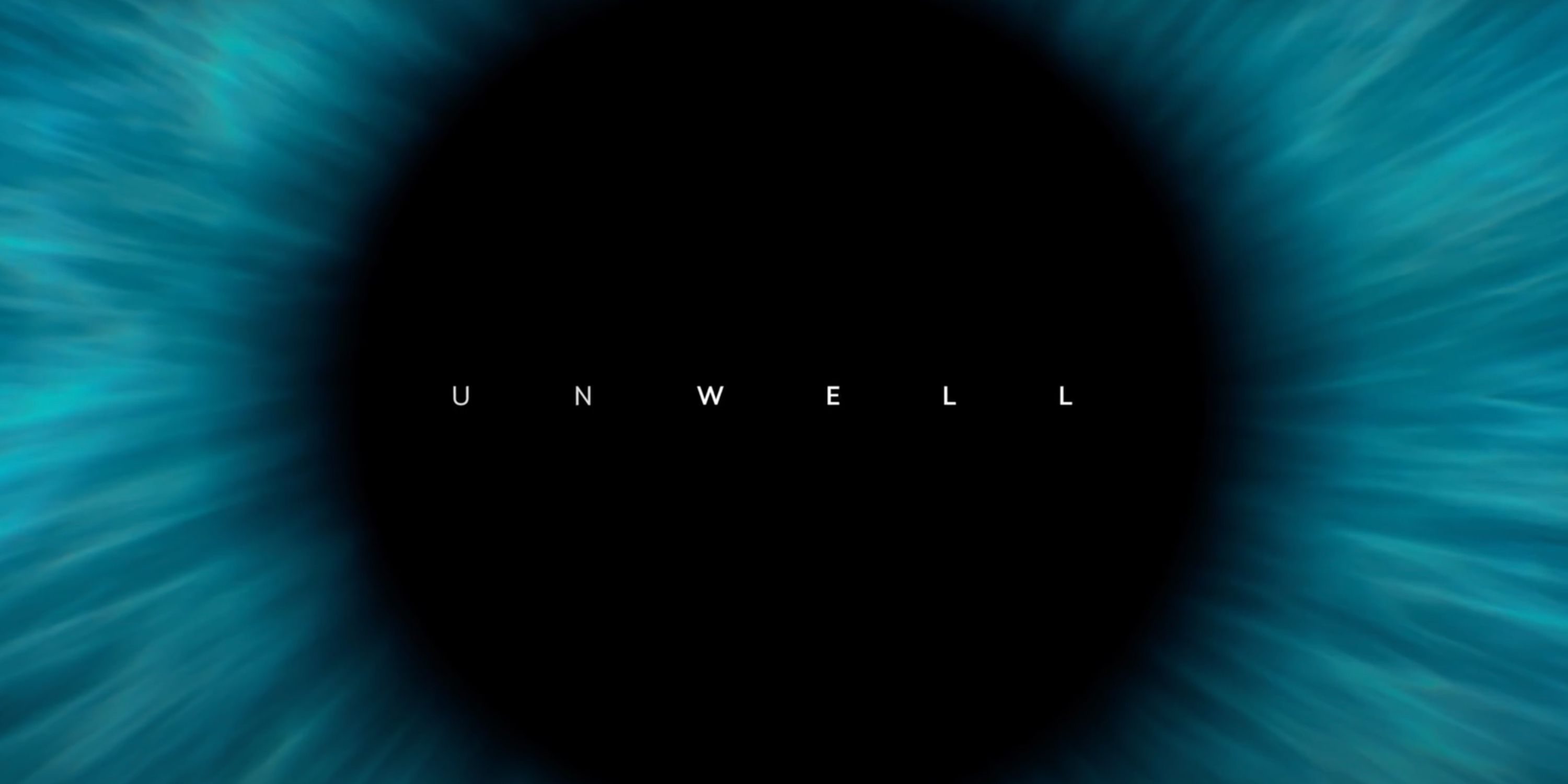The health-themed series (Un)Well takes a balanced approach while investigating the perks and perils of fasting, but also leaves out important information about the distinction between intermittent fasting and prolonged fasting. As a result, experts have criticized the convenient generalizations of the Netflix docuseries.
(Un)Well season 1 features numerous on-screen commentaries about fasting from entrepreneurs and dietitians. Geoffrey Woo, the CEO of HVMN, discusses traditional views about eating schedules, and states that "the default state of human is NOT eating." Journalist Thomas Stackpole reflects about his health "obsessions," and cites Twitter founder Jack Dorsey while discussing fasting habits. The recurring theme in (Un)Well season 1 is that high-performing entrepreneurs have unique eating schedules, which positively translate to their work environments. The Netflix docuseries also addresses prolonged fasting through commentaries from TrueNorth Health Center founder Dr. Alan Goldhamer, who fast patients from five to 40 days. Registered dietician Christy Harrison offers strong opinions about the consequences of fasting, and a woman named Lynae Chambers somberly recalls the death of her husband, who collapsed and died from a head injury after a prolonged fasting experience at Tanglewood Wellness Center.
(Un)Well season 1 makes generalized statements about intermittent fasting and Refeeding syndrome, the latter of which is described by the NIH as "the potentially fatal shifts in fluids and electrolytes that may occur in malnourished patients receiving artificial refeeding"). Edward Vasquez of Fledge Fitness is mostly critical of the aforementioned Harrison, who casually references Refeeding syndrome while explaining how electrolyte levels "get all out of whack" and cause mental health issues or even death. According to Vasquez, (Un)Well season 1 makes it seem like the dangers of refeeding are connected to both prolonged fasting and intermittent fasting, when in fact "intermittent fasting would not have any refeeding syndrome scenario." The Fledge Fitness host says that Netflix did a "good job" by presenting both sides, but also suggests that Harrison offers generalized commentaries.
(Un)Well season 1 doesn't fully explore the long-term effects of fasting, both physically and psychologically. The Netflix docuseries does acknowledge that people who willfully try to lose weight end up gaining it back within five years - and that refeeding can indeed be deadly - but there's a "fearmongering" tone that's not quite backed up by hard data. For example, the aforementioned Chambers discusses the death of her husband Jonathan, who decided to leave Tanglewood Wellness Center and later sustained head injuries in a hotel that caused his death, and another interviewee talks about collapsing on day 18 of a prolonged fast. Both stories are emotionally affecting but seem designed for shock value. And so viewers don't receive the full story about long-term dangers associated with both intermittent and prolonged fasting. A 2019 PLOS One report found that that "patients who fasted for between four and 21 days rated their physical health as 'better' while fasting, but didn't look at how their bodies reacted long-term."
Lastly, (Un)Well season 1 leaves out a reliable mediator, a host who can assess both sides and dive deeper into the story. For example, The Business of Drugs is so fascinating because host Amaryllis Fox participates in the interviews, and then offers raw commentaries to the audience. (Un)Well season 1 has polarized viewers due to its sensationalized approach, which - to the series' credit - is acknowledged at the beginning of each and every episode. The Netflix docuseries is meant to "entertain and inform." In that sense, (Un)Well season 1 succeeds by spotlighting the life experiences of the various subjects, which is the same formula, in theory, that makes Tiger King so unique, albeit in a much different way.


